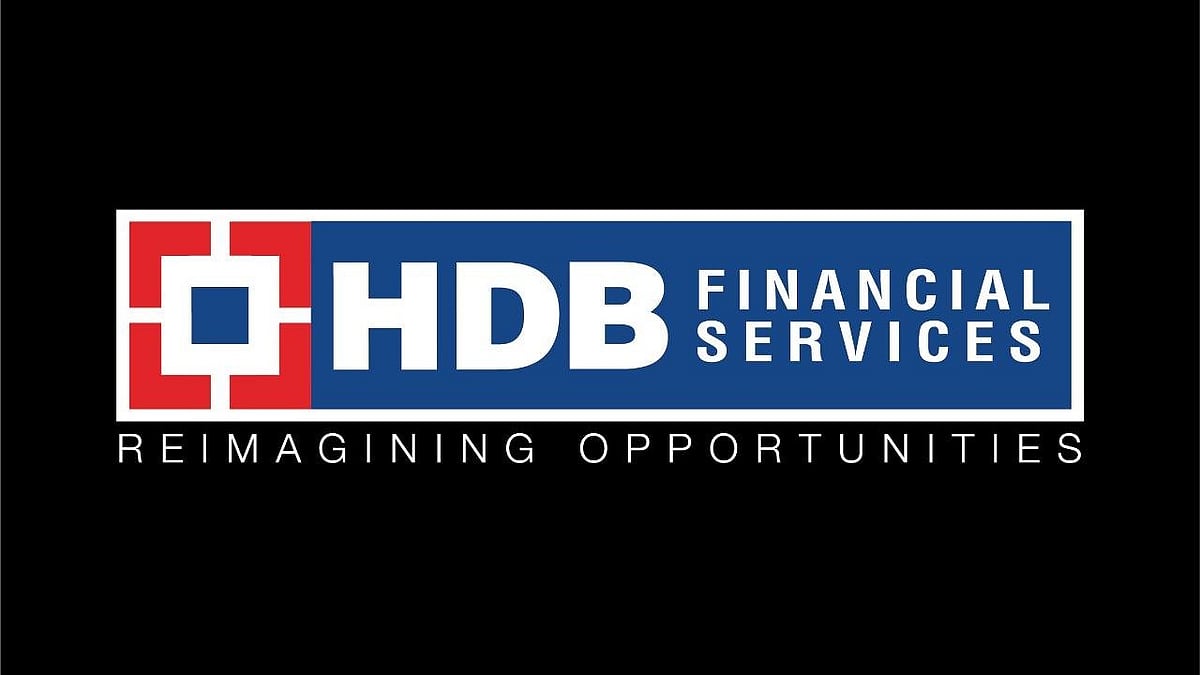The banking giant HDFC Bank's non-banking financial company (NBFC), HDB Financial Services, has reportedly submitted applications for an IPO worth Rs 12,500 crore. An offer for sale (OFS) of Rs 10,000 crore and a fresh issue of Rs 2,500 crore make up the public offer.
HDFC Bank announced earlier in October that a Rs 12,500 crore share sale had been approved by the board.
According to a regulatory filing by HDFC Bank, the initial public offering (IPO) will be for a total of Rs 12,500 crore worth of equity shares of HDB Financial Services with face values of Rs 10 each. This amount will consist of a fresh issue of Rs 2,500 crore and an OFS totalling Rs 10,000 crore.
Details of IPO to be confirmed later
The appropriate body will eventually decide on the proposed IPO's price and other specifics. HDB Financial Services will remain a bank subsidiary following the proposed IPO. HDFC Bank owns 94.64 per cent of the bank's HDB Financial Services division.
Top layer NBFC to be listed on Indian exchanges
Following the Reserve Bank of India's directive in October 2022 that required NBFCs in the top tier to list on stock exchanges, HDB Financial Services has chosen to list on Indian exchanges. Following Bajaj Housing Finance's successful listing, HDB Financial Services intends to start its initial public offering (IPO).
According to the report, Tata Capital Financial Services and Aditya Birla Finance are the two other NBFCs that are most likely to issue public securities.
RBI mandate
NBFCs in the upper layer (UL) are required by RBI regulation to list their shares on a stock exchange within three years of being designated as such. For these bigger NBFCs, this is requested to guarantee increased transparency and public accountability.
What is 'Upper Layer NBFC'
The NBFC industry has grown significantly over time. However, there was a need to safeguard the deposits that investors made with NBFCs because of the strain seen in the NBFC industry and the risk of contagion that it posed to other entities because of the NBFCs' interconnectedness in the financial system.

In October 2021, the Reserve Bank of India (RBI) recommended a "scale-based regulation" for the NBFC industry in an effort to create a robust and resilient financial system. According to the scale-based regulatory (SBR) approach, the NBFCs' size, activity, and perceived level of risk determine how they are regulated and supervised.










